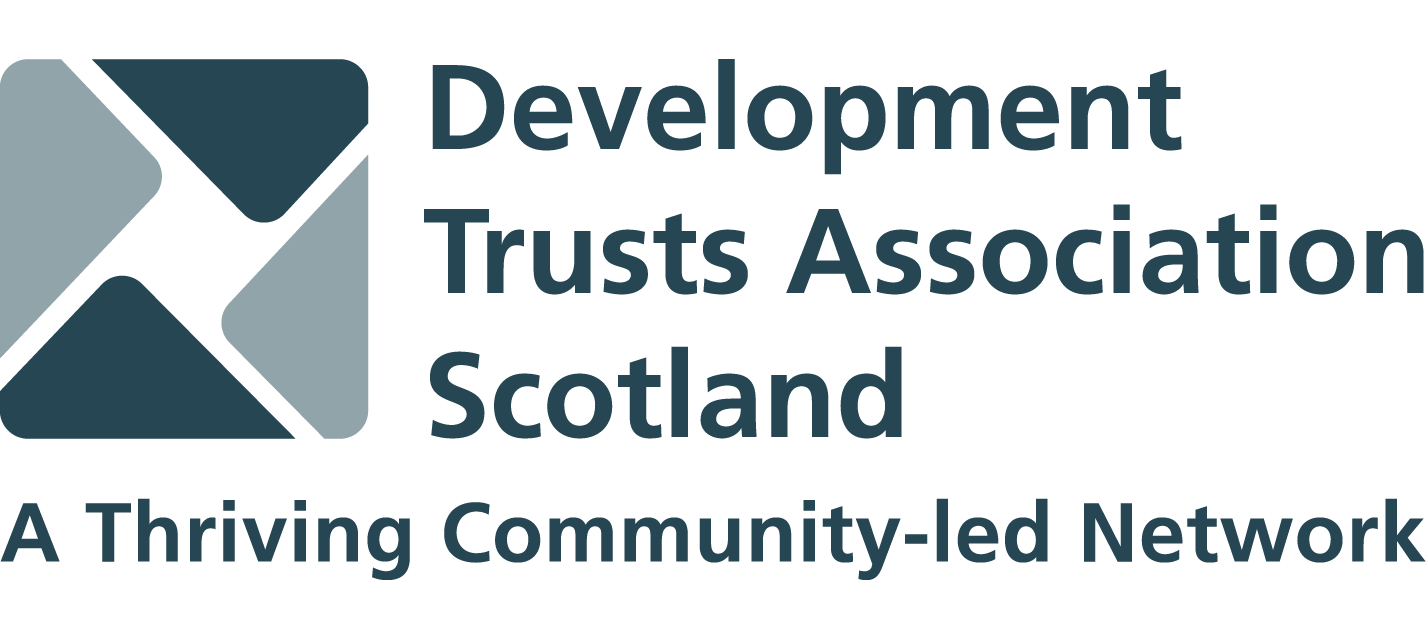Accessibility
An accessible website puts people at the centre by considering how the site will be used at all stages of the design and development process.
The DTA Scotland website follows the 4 ‘POUR’ principles of making content accessible.
Perceivable Content
Content must not be “invisible” to all of the user’s senses. For example, ‘Alt tags’ are added to images to explain them to a user with a screen reader and text options are provided alongside the mapping feature.
Operable Content
The user interface cannot require actions that users cannot perform. For example, all content is accessible by keyboard with no mouse only inputs, users with screenreaders can 'skip to main content', and CAPTCHAs on forms allow people to hear the word rather than having to read it.
Understandable Content
Users must be able to understand the information and operation of components. For example, the website uses only standard actions for moving about the website and inputting text, etc. We have endeavoured to make all content easy to read and understand, including using clear error messages and confirmation messages and incorporating help and guidance text where necessary.
Robust Content
The content and interface must be understandable, operable and accessible through widely-available technologies and remain so as technologies advance. For example, the use of careful cross-browser checking, including supporting IE6, and making sure as far as possible that the website will be future-proofed.
The DTA Scotland website has been created using accessible themes and modules wherever possible, making sure that navigation is consistent, that colour contrast is high, that fonts are easy to read, that header tags are used and that style is separated as much as possible from content using CSS (cascading style sheets) so that the content is still accessible and understandable without presentation and styling.








